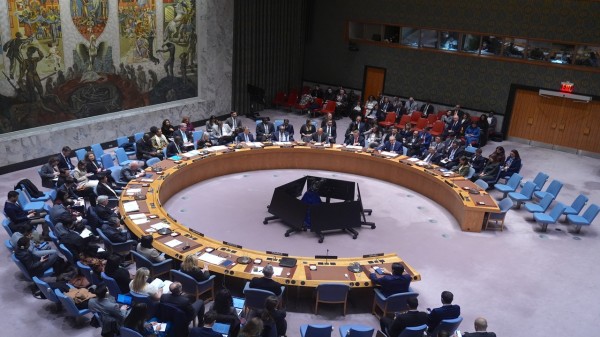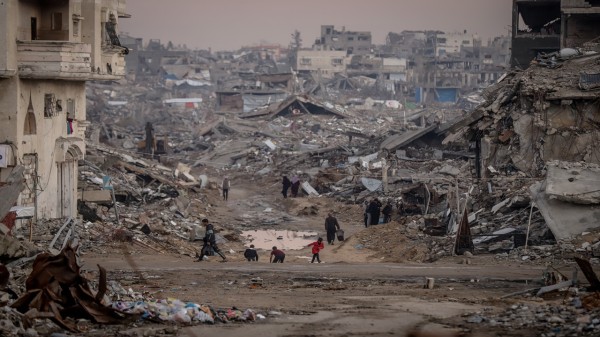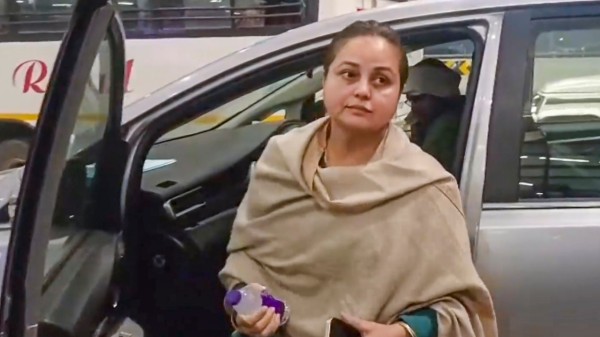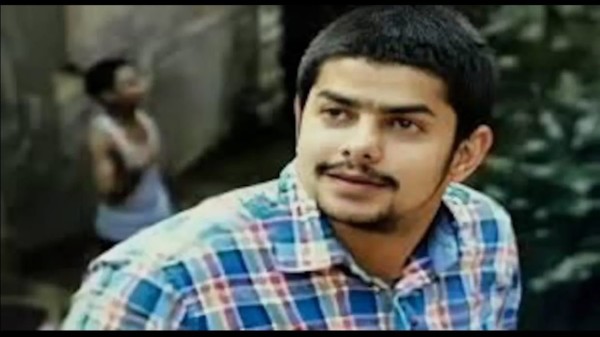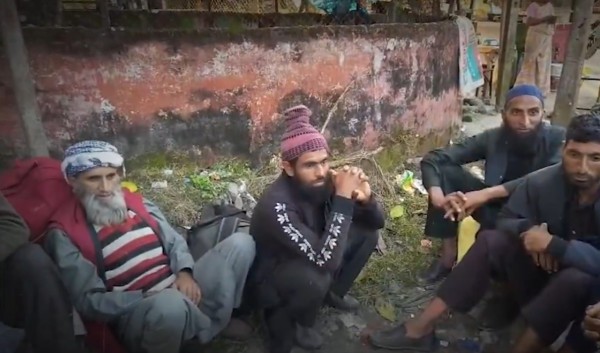

By signing in or creating an account, you agree with Associated Broadcasting Company's Terms & Conditions and Privacy Policy.


By signing in or creating an account, you agree with Associated Broadcasting Company's Terms & Conditions and Privacy Policy.
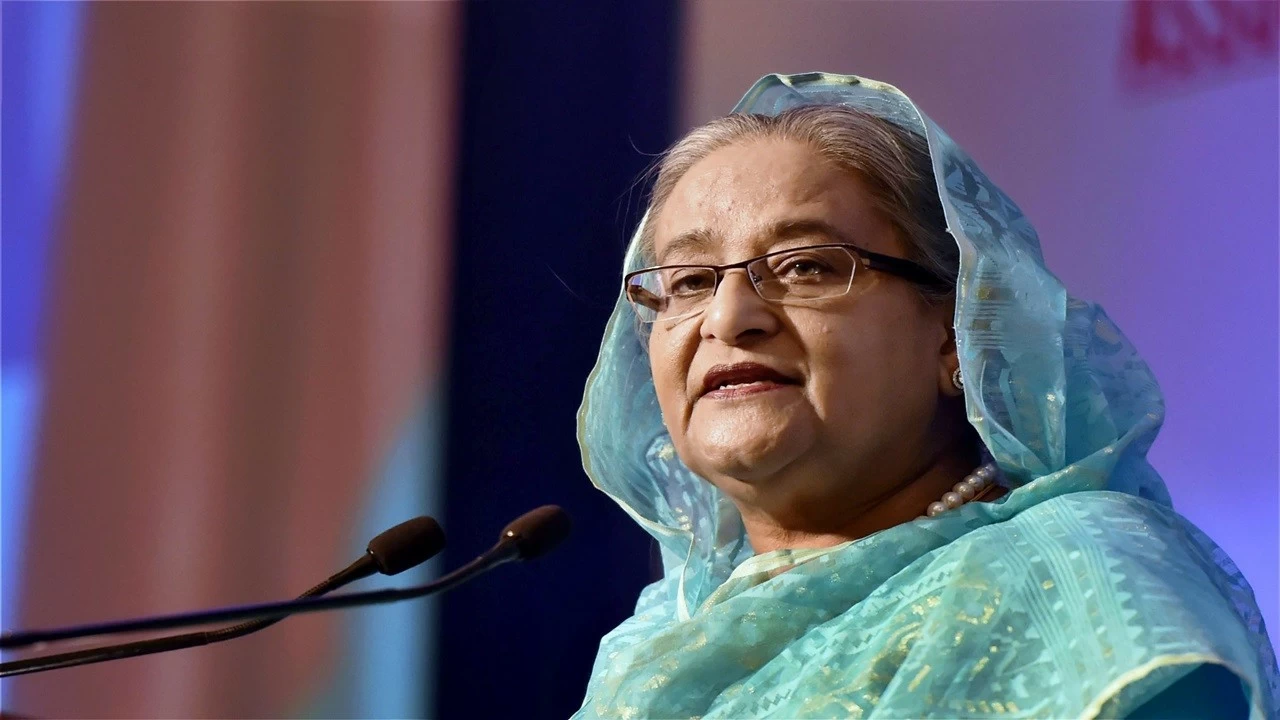
New Delhi: The International Crimes Tribunal-Bangladesh (ICT-BD) convicted deposed former Bangladesh Prime Minister Sheikh Hasina on Monday for her alleged involvement in the atrocities during the 2024 mass protests that toppled her government. Hasina has been sentenced to death.
Ahead of her conviction and death penalty, ICT-BD prosecutor Gazi MH Tamim had underlined that the prosecution wants maximum punishment for Hasina and had urged the confiscation of her property for distributing it among families of those killed or injured during last year's protests.
Chief prosecutor Mohammad Tajul Islam had called for the death sentence, alleging that she masterminded the atrocities carried out during the 2024 mass protests.
Hasina may challenge the death penalty verdict in the Appellate Division of the Supreme Court within 30 days of sentencing, but she should surrender or be taken into custody during that period to file the appeal. The Appellate Division is required to resolve the appeal within 60 days of its filing. Under ICT rules, a death sentence can be carried out only after the government issues a formal execution order.
If the former prime minister remains in exile, the verdict cannot be enforced. Should she continue to ignore court summons or warrants, the court may dub her a fugitive, absconder, or proclaimed offender. This will pave the way for seizure of her assets and property, and cancellation of her passport. Bangladesh may also step up efforts to seek her extradition or request the issuance of an Interpol Red Notice.
The judgment creates further polarisation in the country and the unrest among her supporters is set to grow. Her party, the Awami League, is likely to rally around her. They have demanded that the ban over their party be lifted, as the cases against Hasina are a "sham".
Hasina remains legally barred from contesting elections under the death sentence verdict. And if she is unable to contest the upcoming elections in February, her political career is almost sealed. With this, her political clout may also suffer a huge setback.
As she remains in exile, she won't be able to mobilise supporters effectively and over time, the party's organisational structure will take a beating. Her supporters may continue mounting their campaign ahead of the elections, but Hasina’s ability to regain her political footing will depend on how effectively she manages the tide turning against her. The rival groups will use her absence to consolidate their position in the evolving political landscape.
If she surrenders and challenges the verdict, there are fears that after being taken into custody, she may be left to languish in jail. The verdict may eventually be overturned in the course of time, but the pertinent question is can the 78-year-old live to see that outcome.


